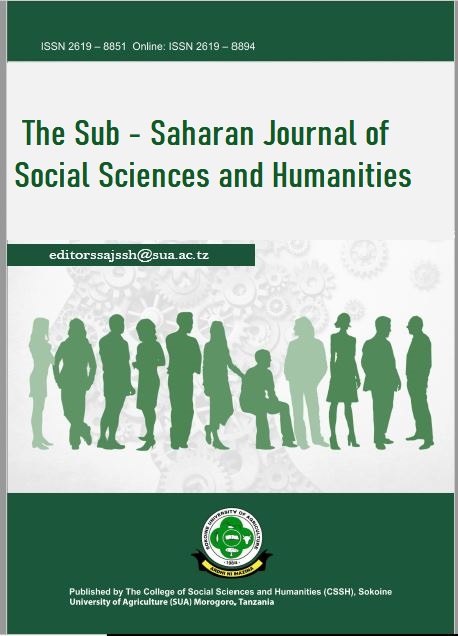Enhancing Access to Health Information in Tanzania: Legal Frameworks, University Libraries’ Pivotal Role, and Evidence-Based Policy Reforms
Keywords:
Access to Health Information, University Libraries, Right to Information, Public Health Governance, Information Policy ReformAbstract
Access to health information is a cornerstone of democratic governance, transparency, accountability, and optimal public health outcomes. Anchored in Article 18 of Tanzania’s 1977 Constitution and the Access to Information Act of 2016, this right intersects with global [e.g., International Covenant on Civil and Political Rights (ICCPR) Article 19] and regional [e.g., African Charter on Human and Peoples’ Rights (ACHPR) Article 9] instruments. Employing doctrinal legal research, this article analyzes these frameworks while positioning university libraries as critical intermediaries for acquiring, organizing, and disseminating health information to academic and societal users. Key findings reveal substantive barriers; broad exemptions, excessive discretionary powers, and fragile enforcement; compounded by procedural gaps in digital regulation and oversight. University libraries empower users through information literacy, digital repositories, and community outreach, yet face resource constraints and infrastructural challenges. The study concludes that aligning legal entitlements with practical access requires systemic reforms to advance health equity and sustainable development. Policy recommendations include narrowing exemptions with public-interest overrides, establishing an independent Information Commission, introducing tiered sanctions and expedited urgent requests, and fostering library-government partnerships for capacity-building and digital integration.


